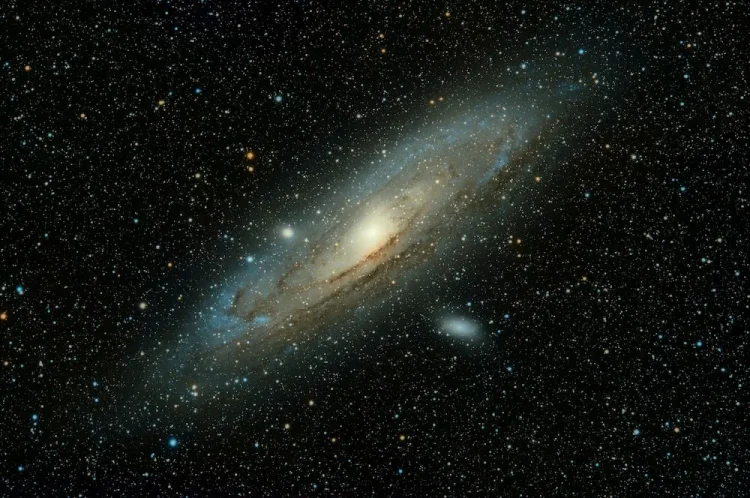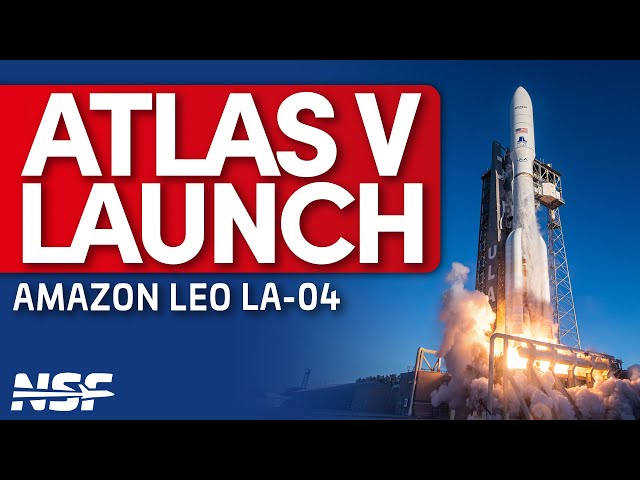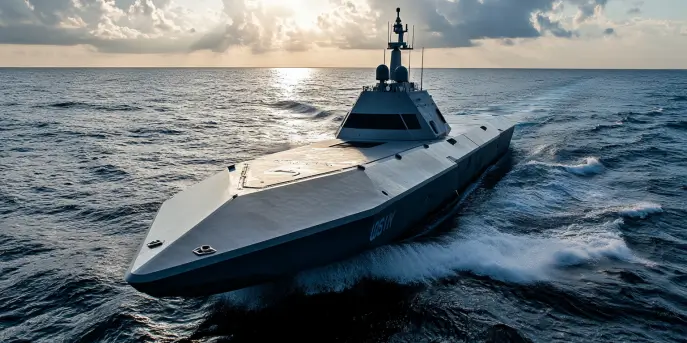Space tourism is no longer a distant dream but a burgeoning reality, offering unprecedented adventures beyond Earth’s boundaries. Spearheaded by visionary companies like SpaceX, Blue Origin, and Virgin Galactic, this industry is redefining what it means to explore outer space.
Elon Musk’s SpaceX stands out with its ambitious plans for lunar and Mars missions. Despite the daunting logistical challenges—such as prolonged travel durations, radiation exposure, and the need for sustainable life support systems—SpaceX continues to push boundaries in space exploration. Their achievements, including successful launches and innovative spacecraft developments, mark significant milestones in human space travel.
On the other hand, Blue Origin, led by Jeff Bezos, focuses on sustainable space infrastructure and aims to make space tourism accessible with suborbital flights. Their advancements in reusable rocket technology promise cost-effective and eco-friendly space travel solutions.
Virgin Galactic, founded by Richard Branson, offers suborbital flights that provide passengers with a taste of weightlessness and a breathtaking view of Earth from space. These journeys are designed to deliver a unique and awe-inspiring experience without the complexities of deep space missions.
The diversity in offerings from these companies reflects the varied aspirations of space tourists—from short suborbital hops to the exhilarating prospects of lunar and Mars expeditions. Each venture is a testament to human ingenuity and the insatiable curiosity to explore the cosmos.
However, space tourism isn’t just about booking a ticket. It requires meticulous preparation, including financial planning, medical assessments, and rigorous training. Potential travelers must navigate through documentation, health checks, and familiarize themselves with safety protocols to ensure a safe and fulfilling experience.
As the industry matures, the cost of space travel is expected to decrease, making it more accessible to enthusiasts worldwide. The future holds promise for space hotels, extended lunar stays, and advancements in propulsion technology that could propel humanity further into the solar system.
In essence, space tourism represents not only a frontier for adventure but also a catalyst for scientific discovery and technological innovation. As we continue to reach for the stars, the allure of space beckons us to dream bigger and explore farther than ever before.









